The beauty and wellness industry is changing as more people demand holistic health solutions. Supplements play a key role in this shift. They offer specific benefits to improve beauty from the inside and boost overall health. This field has many trends that show a better grasp of health, science, and eco-friendly practices, from new ingredients to fresh ways to take them.
This blog looks at the top beauty and wellness supplement trends to help companies stay on top in this tough market.
Table of Contents
Supplement market insights and driving factors
Supplement-related business opportunities
Integrated products for radiant skin and wellness
Holistic haircare solutions
Products targeting longevity and cellular energy
Sensorial formats for sleep and stress
Actionable strategies for businesses to leverage these trends
1. Integrate supplements with topicals to maximize impact
2. Develop integrated products that address sleep and haircare needs
3. Innovate supplement formats for enhanced user experience
4. Balance affordability with premium quality
Final takeaways
Supplement market insights and driving factors
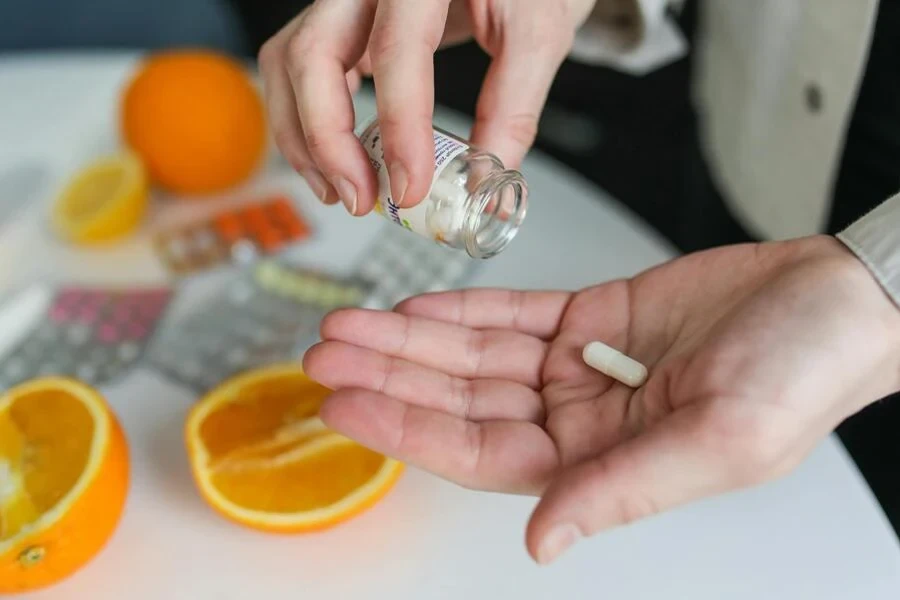
People around the world care more about their health now. For instance, Gen Zs are seeking products to boost their physical and mental wellness. Older buyers need solutions to live longer, get healthier, and fix skin and hair loss problems. These needs have made more people want supplements, turning them into a big part of daily self-care.
The global dietary supplements industry will generate US $185.1 billion in estimated revenues in 2025. The market size will reach US $239.4 billion by 2028. Unilever saw a 20% sales growth after investing US $2 billion in its Health and Wellness Collective initiative that allowed doubling down on beauty from within, hydration, and women’s health. This growth reflects significant opportunities for businesses to innovate ingredients, fast-acting delivery systems, and formats.
The main markets for dietary supplements are in North America, Asia Pacific, South America and Europe. Apart from large consumer demand, these regional markets also have strong distribution channels. This makes it easier for businesses to trade.
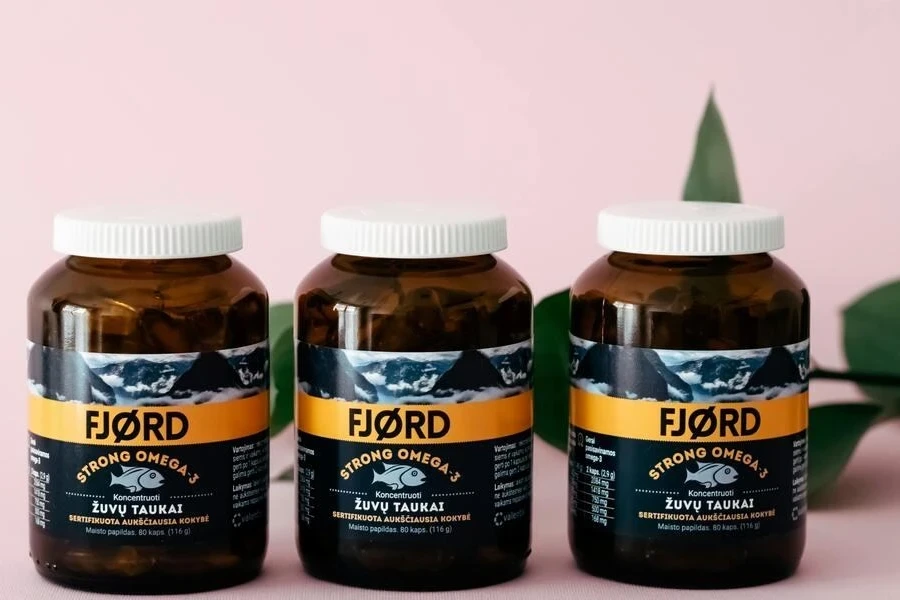
There are various key factors contributing to the supplements market growth, including:
- Rising demand for supplements targeting gut health, skin appearance, and cognitive function, driven by microbiome-focused innovations
- Consumers’ shift from anti-aging products to holistic solutions that gives them a youthful appearance and allow them to live longer. Insight Ace Analytic estimates that the longevity therapy market is valued at US $26 billion.
- There is growing consumer interest in supplements combining biotechnology and natural ingredients to optimize body and mind performance.
- Consumers are seeking value-driven wellness and beauty products amid rising living costs, causing budget-friendly options to gain popularity.
- The rise of social media influencers promoting health and wellness products.
- The rise of e-commerce platforms, providing consumers with convenient access to supplements
- Consumer interest in personalized health products created using AI and data-driven solutions.
Supplement-related business opportunities
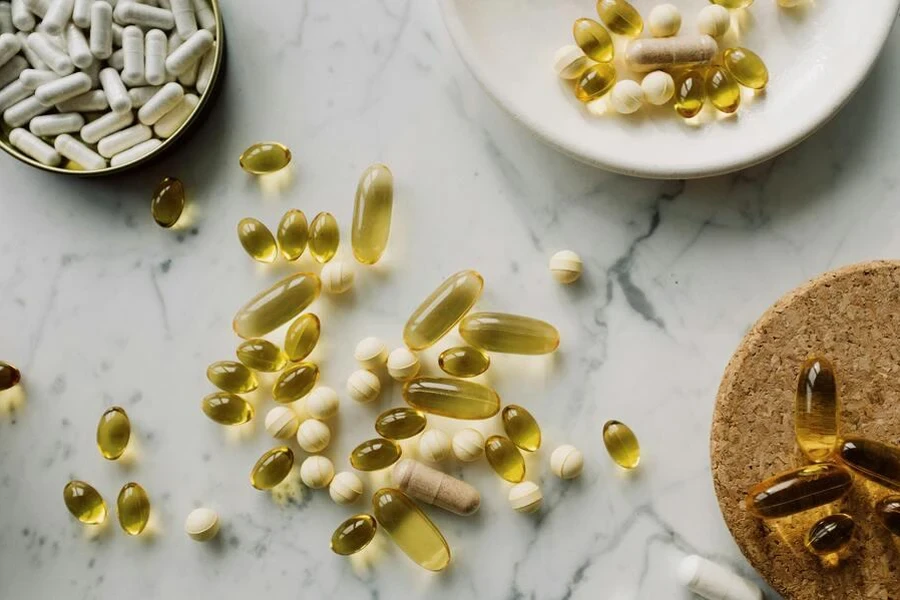
The high demand for supplements has created numerous opportunities for beauty and wellness brands. These businesses are innovating new products and solutions to cater to consumers’ diverse individual needs.
Below are some business opportunities to consider:
Integrated products for radiant skin and wellness
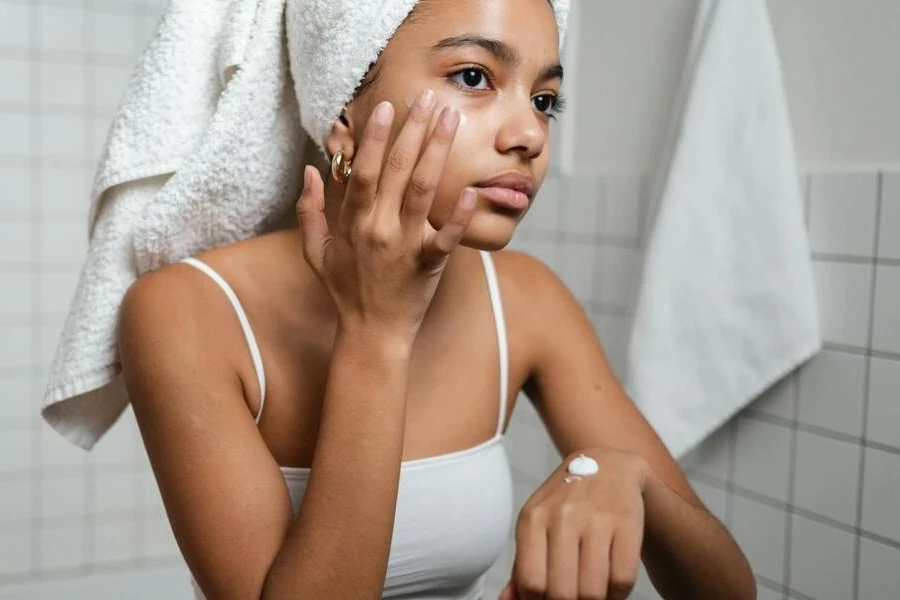
With increasing awareness of the gut-skin connection, consumers are seeking products that improve both skin radiance, health and overall well-being. Prebiotics, probiotics, and postbiotics are becoming everyday essentials. However, such products can be overwhelming, especially for beginner consumers.
This creates an opportunity for brands to offer holistic wellness and integrated skincare toolkits. These sets offer smart solutions to help consumers meet their skin care goals.
Holistic haircare solutions
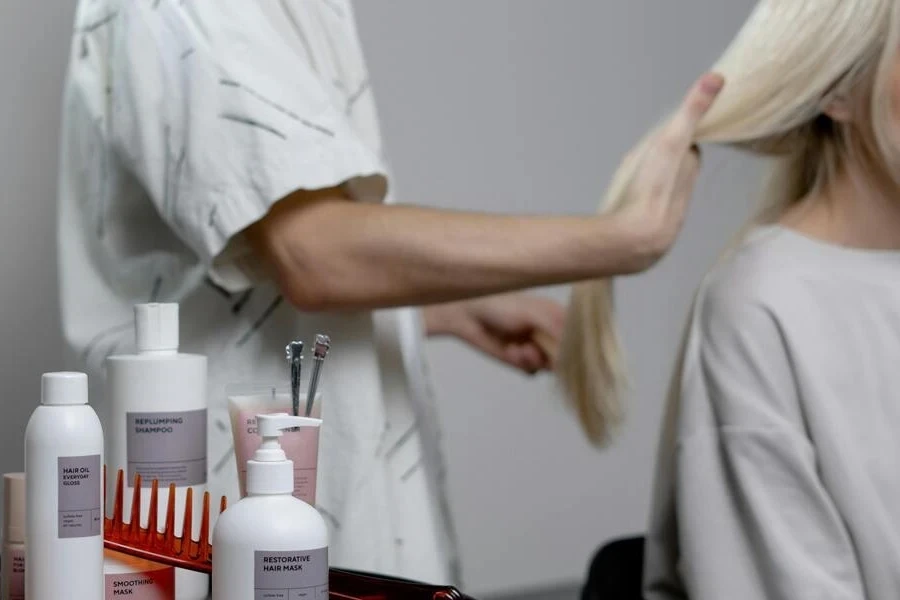
Modern-day consumers are seeking hair loss treatment products and those that help with scalp health issues. The demand is especially higher among younger generations who are experiencing hair loss earlier than older generations. For instance, Gen Zs are dealing with hair loss 20 years earlier than previous generations. People aged below 30 and those between 30–40 years make up 69.8% and 25.4% of those going bald. This trend has spurred demand for preventative solutions and innovative haircare products.
The rising focus on scalp health is destigmatizing hair loss. Major brands are investing in advanced formulations designed to reach hair roots through the bloodstream, promote hair health, and boost energy levels.
Products targeting longevity and cellular energy

Conversations around aging are changing, with modern consumers focusing more on longevity and living a quality life. Recent trends like biohacking and the desire to enhance mental and physical energy are contributing to this shift. Thus, major brands are innovating beauty supplements formulation aimed at improving energy, focus, recovery, and hydration.
Besides, 1 in 4 employees report burnout symptoms globally. This situation has led to increasing demand for supplements that deliver sustainable focus and energy without the side effects of caffeine. Businesses can capitalize on this opportunity by innovating holistic and effective products.
Sensorial formats for sleep and stress

Stress and sleep disruptions have become major concerns worldwide. Nearly 1 in 3 adults in the US do not get enough sleep. About 29.6% of the general population struggles with stress, while 33.7% have depression and 31.9% have anxiety.
Brands are introducing sensorial alternatives to traditional remedies like melatonin pills and herbal teas to address sleep and stress problems. As more people struggle with swallowing pills, for example, 40% in the U.S., convenient delivery methods such as oral mists and strips are gaining traction.
However, businesses must ensure that their formulations are backed by scientific research to ensure they offer comprehensive, evidence-based care.
Actionable strategies for businesses to leverage these trends

1. Integrate supplements with topicals to maximize impact
To enhance results, brands should create seamless systems that combine beauty supplements and topical products. This approach allows users to easily incorporate supplements into their daily routines while benefiting from complementary skincare. Also, brands can demonstrate how nourishing the body from the inside can boost the effectiveness of external treatments. This can be done by educating consumers on the power of inner-outer beauty.
2. Develop integrated products that address sleep and haircare needs
The growing concerns around sleep and hair loss, especially among Gen Z and Millennials, require tailored solutions. Developing products that tackle various underlying factors like stress, nutritional deficiencies, and hormonal imbalances can cater to a broad range of consumers. Understanding the distinct needs of different genders, ages, and health conditions allows brands to create more targeted and effective solutions.

3. Innovate supplement formats for enhanced user experience
Brands should offer product offerings with alternative supplement formats that prioritize taste, texture, and ease of use to appeal to a wider audience. Moving away from traditional pills, companies can offer alternatives like sweet floral mists, tangy gummies, or refreshing chewables. Creating beauty products that are both enjoyable and convenient to consume can enhance the overall user experience and ensure long-term engagement.
4. Balance affordability with premium quality
As consumers seek value without compromising quality, brands must find the sweet spot between affordability and efficacy. Premium product offerings at accessible price points can attract a broader audience while maintaining brand integrity. Providing proof of product effectiveness through clinical trials and consumer studies can further build trust and ensure consumers feel confident in their purchase.
Final takeaways
As the beauty and wellness supplement market continues to evolve, the key to success lies in creating a wide array of beauty supplements that offer real, tangible benefits while meeting consumer demands for innovation, affordability, and personalization.
Brands should integrate supplements with topicals, address specific concerns like sleep and hair loss, enhance product formats for a more enjoyable experience, and ensure value without compromising efficacy. Following these practices can position a company to thrive in this competitive business environment.




